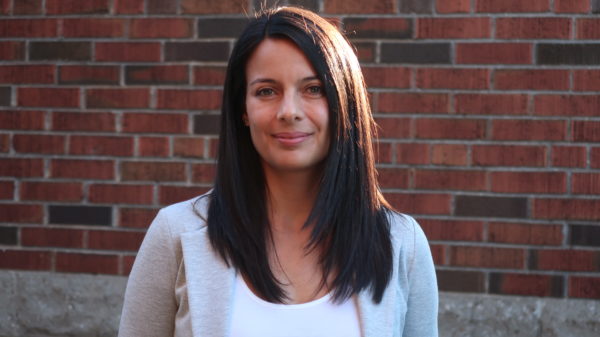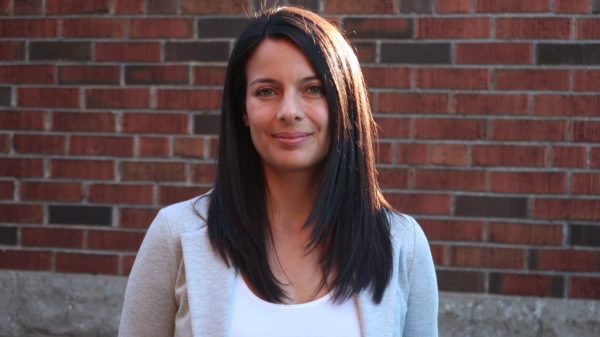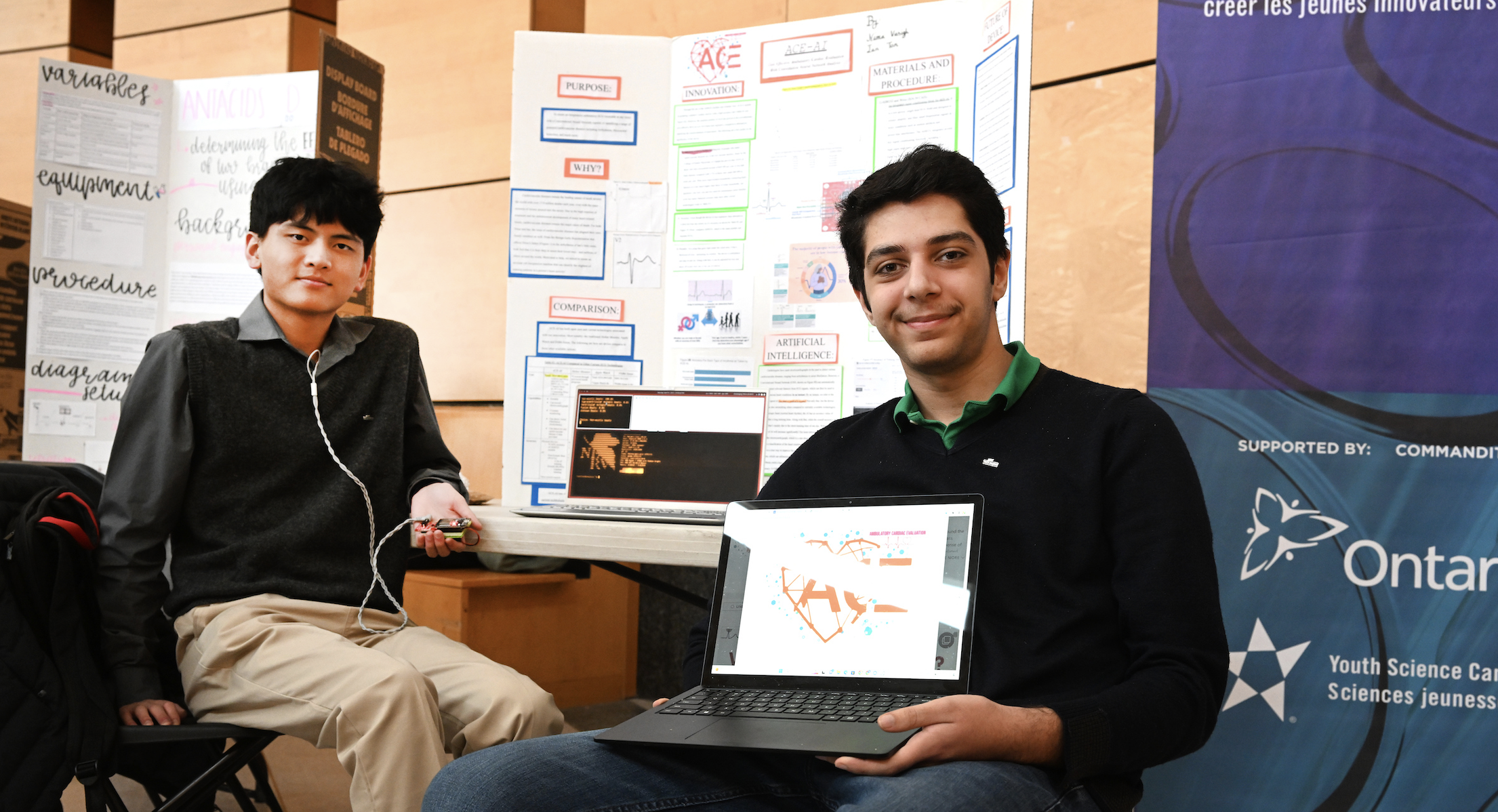
Lack of affordable housing affects student mental health, promotes social hierarchies
TORONTO, Feb. 11, 2022 – Trying to find student housing in Toronto not only requires resourcefulness and creativity, but it further exacerbates the marginalization of students and creates socio-economic burdens, says York University Associate Professor Luisa Sotomayor, lead author of a new paper.
The researchers found that navigating a tight housing system, especially during a housing crisis, puts students in a difficult position where a lot of time and energy is spent trying to find a suitable place to live.
“A lack of affordable housing can impact the academic, health and well-being of students, as they face not only a high level of stress, but also a socio-economic burden that can further marginalize them and reproduce social hierarchies, and class, gender, racialized or ageist divides,” says Sotomayor of the Faculty of Environmental and Urban Change.

Students reported feeling disengaged from their classmates, programs and post-secondary institution, and experienced heightened mental and physical health issues. “Adding to the stress, students often find themselves without a voice in how to make student housing more available and affordable,” says Sotomayor. Most housing studies haven’t included the perspective and experience of post-secondary students.
The paper came out of a multi-university Toronto-based research project, StudentDwellTO, conducted between 2017 and 2019 that set out to address post-secondary student housing challenges in Toronto. The researchers from York University, Ryerson University, the Ontario Institute of Studies in Education and the University of Toronto, used focus group data to examine student housing preferences, strategies used to access affordable accommodations, and how housing and economic stress affects their well-being.
Many students report having to work extra hours or take on multiple jobs to pay rent – impacting the time they have for academics and social lives. This was especially true for students that didn’t have the financial support of families.
“The lack of affordable housing also left students vulnerable to illegal clauses in rental agreements, often aimed at exploiting their lack of legal knowledge or their fear of losing access to the unit. This was reported in rooming houses with high numbers of international students and women,” says Sotomayor. “Other times, students were asked for illegal and non-refundable application fees, the illegal collection of their private information, such as passport images from international students or health insurance numbers, and for a deposit larger than the legal first and last months of rent.”
Part of the issue is students have no related tenant rights or protections linked to their student status in Ontario.
The students say involvement and multi-stakeholder approaches are needed to overcome Toronto's student housing crisis, including better information around housing options, universities connecting them to trusted landlords, advocating on their behalf, and encouraging student unions and organizations to get involved in housing rights issues. At the city and regional levels, student should be included in affordable housing plans and discussions.
The researchers say student contributions to urban life, as well as local and regional economies are substantial, but they are rarely seen by policymakers as an asset.
The paper, When students are house-poor: Urban universities, student marginality, and the hidden curriculum of student housing, will be published in the journal Cities in May, but is currently available.
-30-
York University is a modern, multi-campus, urban university located in Toronto, Ontario. Backed by a diverse group of students, faculty, staff, alumni and partners, we bring a uniquely global perspective to help solve societal challenges, drive positive change and prepare our students for success. York's fully bilingual Glendon Campus is home to Southern Ontario's Centre of Excellence for French Language and Bilingual Postsecondary Education. York’s campuses in Costa Rica and India offer students exceptional transnational learning opportunities and innovative programs. Together, we can make things right for our communities, our planet, and our future.
Media Contact:
Sandra McLean, York University Media Relations, 416-272-6317, sandramc@yorku.ca





